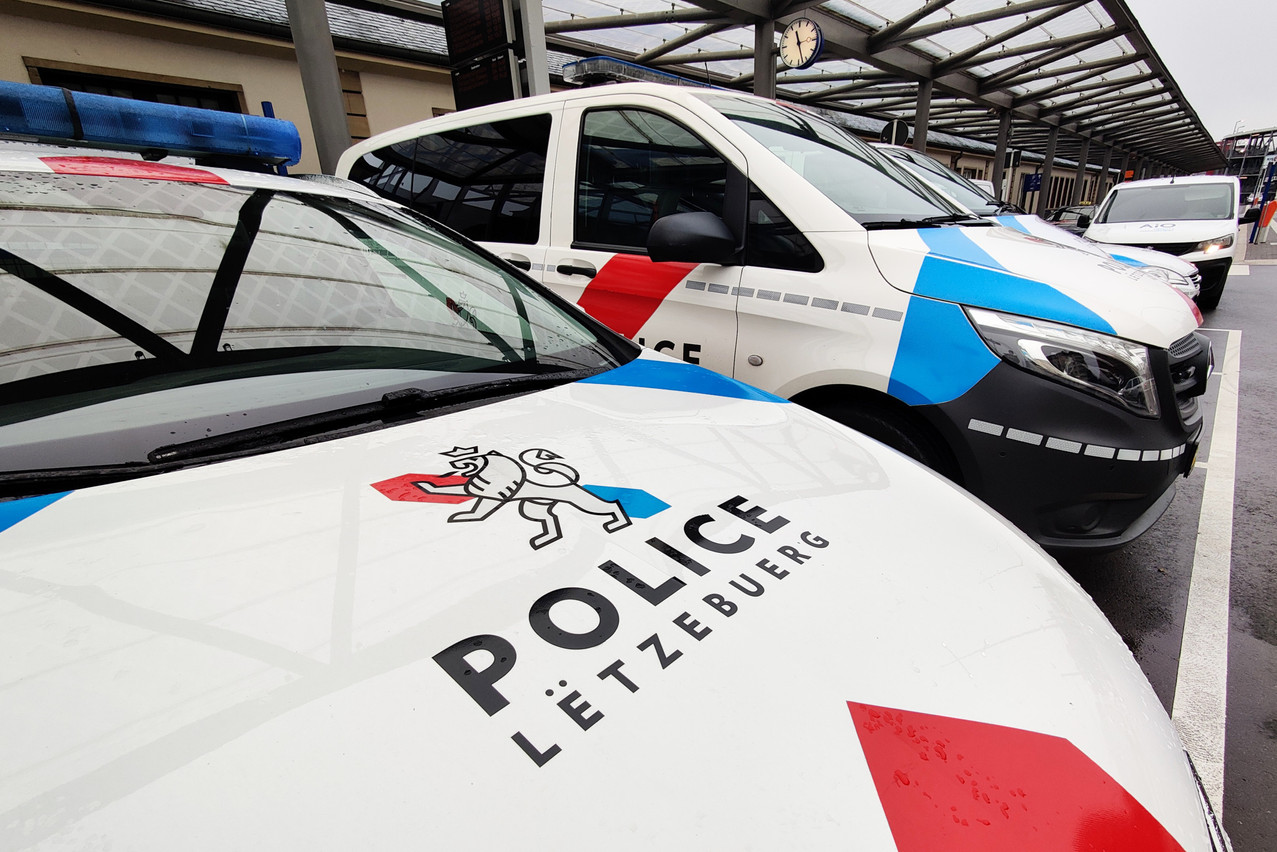On Monday, 5 December, minister of internal security (dei Gréng) presented some details of his 2023 budget to a parliamentary committee. The budget amounts to €399.5m, which is €67.5m more than in 2022.
This increase is partly justified by . The first recruits should start their training next year and then a second wave of recruitment will take place the following year.
These new trainee officers will need, among other things, equipment, including weapons and bulletproof vests. The internal security ministry has estimated the cost of kit at €3.9m, which is €290,000 more than in 2022.
€5.75m for bodycams
Also in the parliamentary committee, the minister of internal security confirmed a budget of €5.75m .
This budget will be spread over a period from 2023 to 2027. Initially, €2m is planned for the installation of the first bodycams and a processing system from next year.
Parliamentary debate is still in progress on the bill to implement the use of bodycams by police officers.
Energy bill multiplied by five
The police will also be affected by the increase in energy prices. The internal security ministry’s 2023 budget includes a considerable increase in the price of energy to power the various buildings in its network. The amount foreseen has increased from €2.5m in 2022 to €12.9m in 2023. The acquisition and replacement of various vehicles will amount to €5.4m in 2023.
Finally, Kox also drew attention to the increase in special allowances for members of peacekeeping missions abroad. That will be €205,000 in 2023, up from €120,000 in 2022. The aim is to make participation in such missions more attractive.
The ministry of internal security’s overall 2023 budget corresponds to 1.52% of the .
Read this article in French on the site
